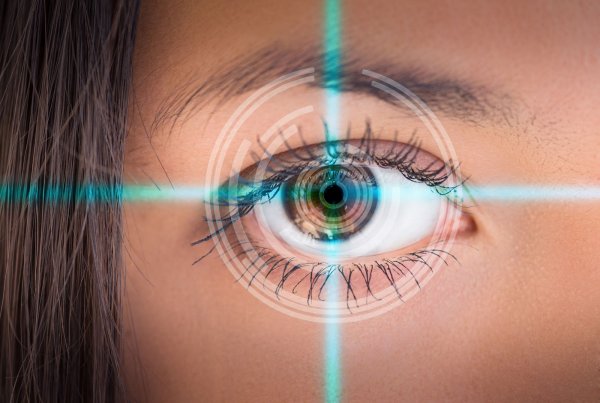AI Can Diagnose Heart Disease Using An Image Of Your Retina

General purpose AI or neural networks, as they’re more commonly called, are designed so that programming them isn’t a matter of rewriting their software or feeding them numeric data, but of actually showing them what you want learned and training them almost as you would a human. Through repetition. Much like the human mind, neural networks spot and analyse patterns. If shown a series of images relating to a series of contexts, neural networks will pick up on details within each of those images that will lead to them learning more about the images’ context. But because neural networks do not suffer from fatigue, they can practice tasks millions of times, allowing them to eventually far outperform any human.
One of the latest examples of such a feat is a newly trained general purpose AI that can spot heart disease in a hospital patient by scanning their retina. Though this may seem far fetched, our retinas hold a dense collection of blood vessels which aren’t so far removed from our main circulatory system. Issues like high cholesterol and blood pressure will, eventually, show up in our eyes. So, a research team made up of specialists from Google and Verily Life Sciences decided to train a general purpose AI to recognise these issues in retinal images. The AI was shown almost 300,000 retinal images that were tagged with information concerning heart disease, like BMI, blood pressure, age and whether or not the patient in the image smoked. The researchers then tested the AI with 13,000 retinal-images which didn’t hold information tags, and it was able to guess the ages of the patients in the images to within 3.5 years. It also did well in estimating their BMI and blood pressure. After such promising results, the team trained up another, similar, neural network to identify a patient’s risk of cardiac disease, using nothing but an image of their retina. The AI’s results were almost as accurate as those calculated with the patients’ cardiac-disease-relevant information.
A 300,000 image training programme is very small for AI, when considering the millions upon millions of cycles the famous AlphaGo neural network had to go through to learn Go (an ancient Chinese board game). So, the researchers believe that with even more training, the AI will learn to detect far more diseases with near flawless accuracy, making them more adapt than humans at diagnosing illness.
Image Credit: Copyright: eevl / 123RF Stock Photo
Leave Comment: